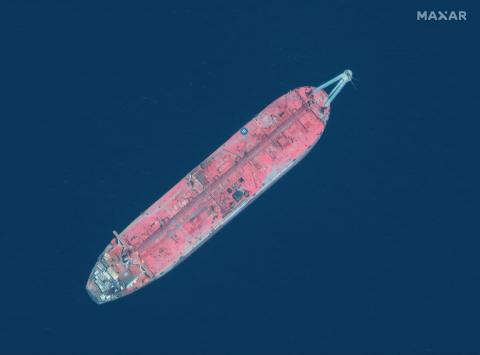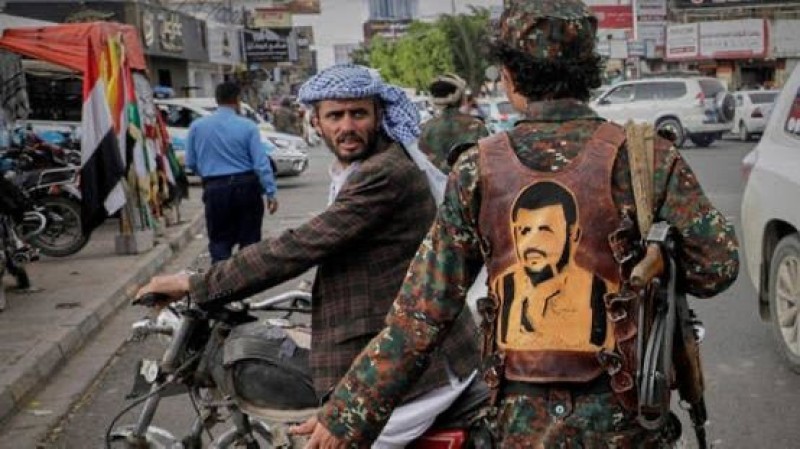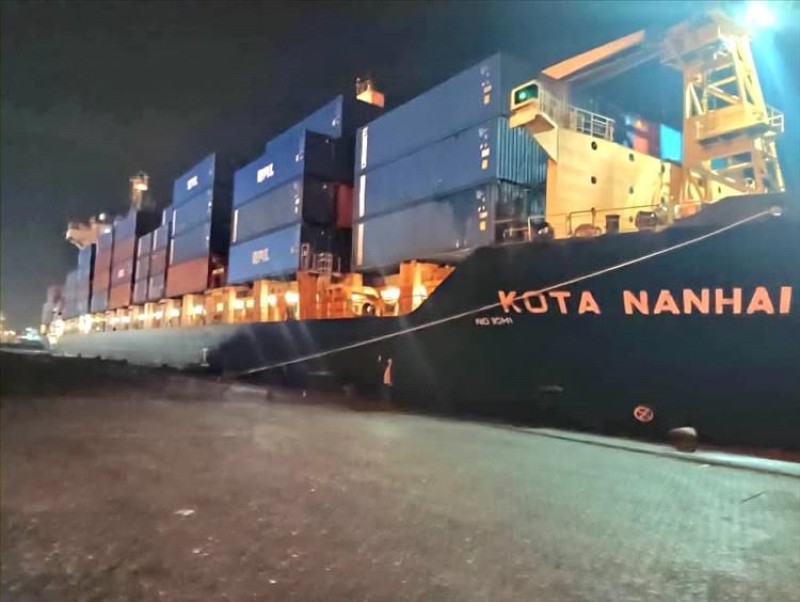(April - June 2020) : IOM Yemen Quarterly Migration Overview


HORN OF AFRICA-YEMEN MIGRATION FLOWS
Yemen has complex migration dynamics. For decades it has been a country of origin, transit and destination. Thousands of young migrants—travelling mainly from Ethiopia and Somalia through smuggling networks—transit through Yemen each year, escaping destitution and in search for economic opportunities in the Kingdom of Saudi Arabia (KSA).
This dynamic did not change when the current conflict broke out in 2015. Today, COVID-19 brings new challenges and risks for migrants along this route – stranded at various locations in the Horn of Africa and Yemen with no means to return home.
The global COVID-19 pandemic has prompted governments in both regions to impose stringent border closures, increase movement restrictions and tighten security along known migratory routes, making the journey extremely difficult to complete.
IOM continues to advocate against discriminatory policies and human rights abuses – including restriction to freedom of movement, detention and forced transfers, the establishment of quarantine centres for migrants and refugees only, and the lack of inclusive solutions in the management of COVID-19 crisis throughout the country.
As of April, thousands of migrants were reportedly stranded in the border area with KSA in northern governorates, and then detained in centres if successful in crossing into KSA.
Reportedly, as of the end of June thousands of migrants remain stuck in the Yemen side of the border, allegedly somehow hiding in mountainous areas from security forces, stranded without food, water and access to any service.
For those stranded in Yemen the conditions are dire in a country struggling to provide for and protect the vast majority of its local population: only 50 per cent of health facilities are fully functional, 70 per cent of Yemenis lack access to soap and 60 per cent lack access to water. It is estimated that 55 per cent of people in Yemen will contract COVID-19, while 292,000 will require hospitalization and 42,000 will die.
The risks faced by migrants are escalating, as the spread of COVID-19 has increased discriminatory attitudes and behaviours and further compromised migrants’ access to essential services such as food, water, shelter and health assistance. Additionally, migrants stranded in Yemen are facing increased detention and are being subjected to forced transfers across frontlines. IOM is concerned that COVID-19 restrictions are being instrumentalized to implement migrant encampment, detention and forced relocation agendas. IOM, in coordination with partners, continues assisting migrants’ access to basic services.

Sana’a – The occupied Yemeni capital Sana’a is witnessing mounting economic panic and a sharp collapse in the real estate market…

Aden – The vessel Kota Nanhai departed Al-Mualla Container Terminal at Aden Port this evening after completing the unloading of 457 standard…

Aden — Yemen’s Presidential Leadership Council Chairman Rashad al-Alimi held talks with Central Bank Governor Ahmed Ghalib to review th…